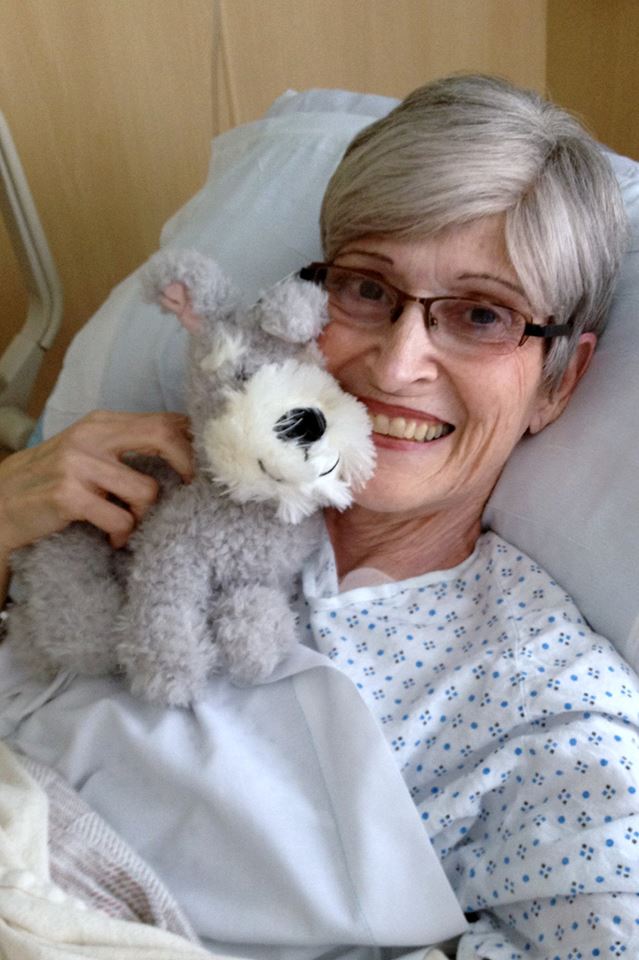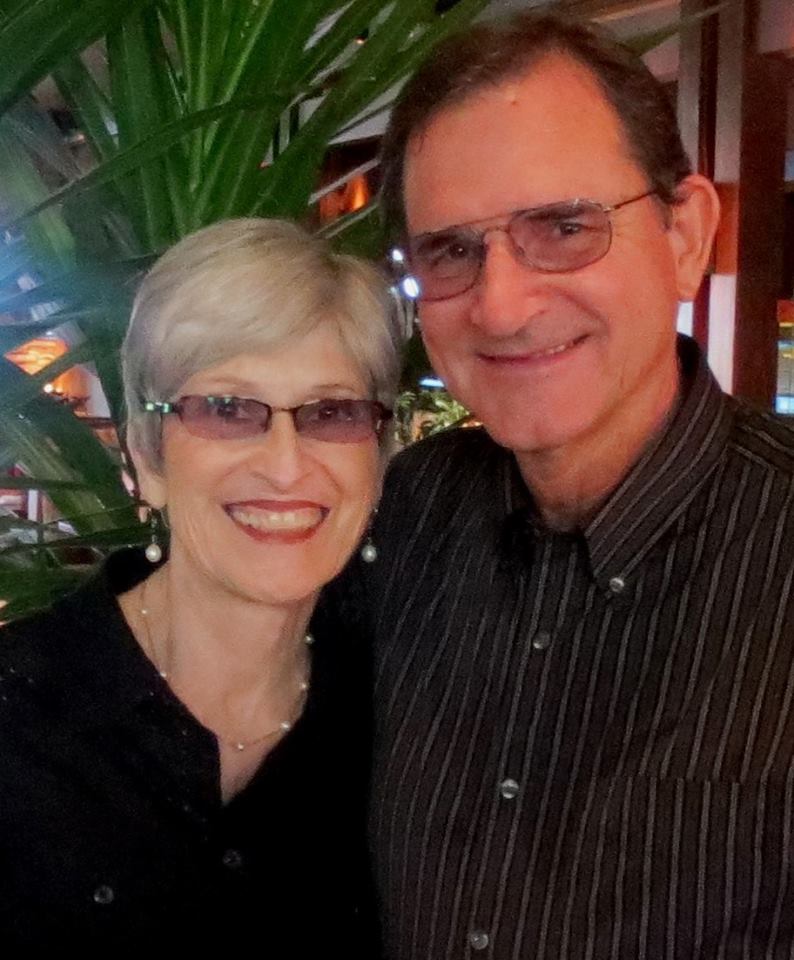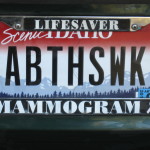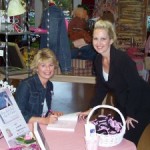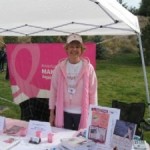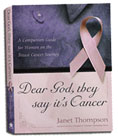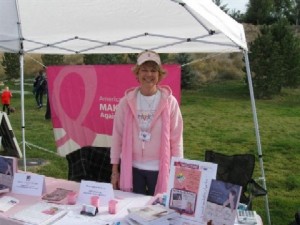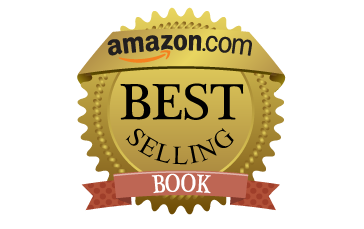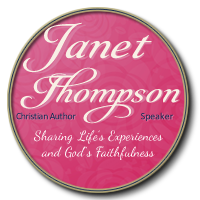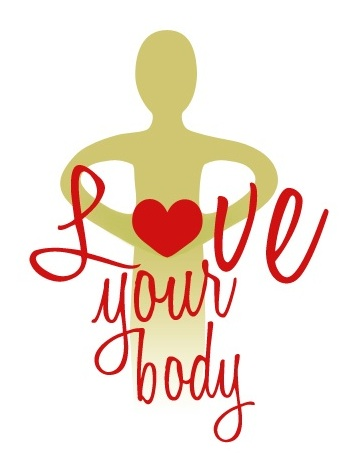 In February, I announced that the last Monday Morning Blog of the month would be Love Your Body the Way God Loves Your Body. If you haven’t read that post, stop and read it now, or review it before reading further. In that blog, I explained that my first career was as a Registered Dietitian and it saddened me that some people pay more attention to what they put in their cars then what they put in their own precious bodies—God’s temple.
In February, I announced that the last Monday Morning Blog of the month would be Love Your Body the Way God Loves Your Body. If you haven’t read that post, stop and read it now, or review it before reading further. In that blog, I explained that my first career was as a Registered Dietitian and it saddened me that some people pay more attention to what they put in their cars then what they put in their own precious bodies—God’s temple.
It’s Not All about Genes!
Some of you know that I’m a three-time breast cancer survivor, but otherwise, I’m extremely healthy—as is my husband. Even though both sides of my family struggled with heart disease and diabetes, my annual lab results in all areas are so pristine that my doctor said at my last physical that he could probably stop ordering the blood tests! I said no, I love to see the results of our healthy-lifestyle.
My husband’s father had quadruple bypass heart surgery and died from heart disease too early, and Dave’s mother had numerous health issues related to obesity. However, at 68 my husband’s doctor told him that he was healthier than 98% of the men he saw in his practice. Neither of us take medications, except I take thyroid for hypothyroidism—low thyroid.
I don’t tell you this to brag, but simply to point out that I often hear: “It’s hereditary; I can’t do anything about my condition, so I might as well eat what I want.” That’s a fallacy—Dave and I are healthy proof. Yes, genes do play a role, but knowing what you’re dealing with gives you a head’s up on being proactive rather than feeding into a generational cycle.
How the Thompsons Eat
I have always fed my family healthy foods, but when I was diagnosed with breast cancer, I stepped it up a notch. I believe my breast cancer and recurrences are the result of cell damage from X-rays I had during puberty when I wore a body cast for debilitating scoliosis. I had X-rays to my chest throughout puberty and they weren’t as sophisticated as today’s are. After my first breast cancer surgery and radiation in November 2002, I wanted to do everything I could to recover quickly and get back About His Work. So we converted to eating organic and raw.
I’m not obsessive about eating organic, but I buy organic and raw fruits, vegetables, nuts, and some meats. We don’t eat pork or red meat, except for lamb occasionally, but we do eat chicken, turkey, and wild fish. The only oils are organic: olive, grapeseed, and coconut.
On our Love Your Body Mondays, I’ll share more specifics, recipes, cooking ideas, and frugal shopping tips, but I’m going to start with helping you know what you put in your body.
Read Labels
I read every label; if I don’t recognize an ingredient, I don’t buy the item. I avoid soy because of my breast cancer and some soy mimics estrogen in the body. The FDA has allowed the food industry to add soy indiscriminately to much of our food. “Soy lecithin” is one of the most ubiquitous additives in our food supply. It’s used primarily as an emulsifier and you find it in everything from salad dressings to vitamins. The soy portion comes from soybean oil extracted from soybeans. You can avoid the brunt of soy lecithin by eliminating most processed foods, but read the labels.
Sadly, most labels are ambiguous. The FDA is supposedly making labels more user-friendly, but the food industry is marketing against the higher cost of making new labels, and it will be easier for us to see what’s in our food. It might take a while before we see a change, so here are some tips to get you started now:
Front of Package
1. Don’t be fooled by words like “healthy,” “all natural,” “fat free,” “wholesome”, “sugar-free.” For a detailed list read “16 Most Misleading Food Labels” (they actually give 19!).
“Natural foods” and “all natural foods” are widely used terms in food labeling and marketing with a variety of definitions, most of which are vague. The term is assumed to imply foods that are minimally processed and do not contain manufactured ingredients, but the lack of standards in most jurisdictions means that the term assures nothing. The term “organic,” however, has an established legal definition in many countries, including the United States, as well as an agreed upon international standard. Therefore all natural and organic products are not the same. In some countries, the term “natural” is defined and enforced. In others, such as the United States, it has no meaning.—From Wikipedia
2. Don’t trust “Organic” labeling unless it has a certified insignia:
If the box states “organic ingredients,” read the label to be sure all the ingredients are organic. Also all “organic” foods are not necessarily good for you—organic sugar is better than nonorganic sugar, but sugar is still sugar and just because it’s organic doesn’t give it a free pass. It still has “wasted calories” with no nutritional value.
Label on Back of Package
1. Check the serving size. Often it’s only ½ cup. Who only eats a half cup of ice cream or cereal? If you eat 2 cups, you need to multiply the nutritional breakdown, including calories, by four!
2. Listed ingredients go from highest content to lowest. So if water is the first ingredient, the product is mostly water. For example, a lemon drink that touts “made with lemon” may list lemon juice as the last ingredient. Or it could even be lemon flavoring.
3. If you don’t recognize an ingredient, don’t buy it. You don’t want to put an unknown into your body…do you? Write down the ingredient and look it up when you get home. Chances are it’s a preservative, which you want to avoid.
4. Natural food sugar isn’t listed separately from added sugar in the nutritional breakdown. Reading the ingredients shows added sugar and its position in the list of ingredients. Even if it’s organic sugar or maple syrup, it’s still sugar with no nutritional value…just calories.
Avoid anything with high glucose corn syrup. Especially check children’s snacks.
I sent my husband on a mission of finding a barbeque sauce that didn’t contain high fructose corn syrup. He read every label on the grocery store shelf, and there was only one.
5. Check the sodium level, and again, that’s per the label’s serving size.
6. Avoid everything with saturated and Trans fats.
7. Look for added soy, which could be in the form of soybean oil or soy lecithin. No one needs the amount of soy added to our food.
8. Choose wild fish, not farmed.
Buy Fresh, Be Healthy
When possible by fresh and avoid packaged, processed foods, then you don’t have to worry about labels unless you’re looking for organic. Then you do need to look for the certified organic emblem. Beware at farmer’s market, because they may tell you they don’t use pesticides, but you’re only taking their word for it.
It may take you longer to shop at first, and it’s probably not a good idea to have the kids around; but soon you’ll know what to look for and which foods to avoid. You may think that buying organic is more expensive, but when you see all the products you aren’t buying, you’ll actually reduce your food bill and increase your health.
Happy shopping! Tell me how the experience goes and what you found on labels.
Why do you spend your money on junk food, your hard-earned cash on cotton candy? Listen to me, listen well: Eat only the best, fill yourself with only the finest. Pay attention, come close now, listen carefully to my life-giving, life-nourishing words. I’m making a lasting covenant commitment with you, the same that I made with David: sure, solid, enduring love. — Isaiah 55:2-5




